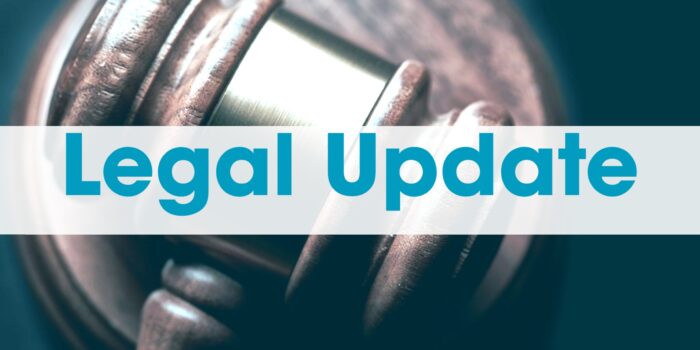 An employee working a “one week on, one week off” schedule who takes 12 workweeks of federal Family and Medical Leave Act (FMLA) leave may be required to return to work 12 weeks later, a federal appeals court has held.
An employee working a “one week on, one week off” schedule who takes 12 workweeks of federal Family and Medical Leave Act (FMLA) leave may be required to return to work 12 weeks later, a federal appeals court has held.
In Scalia v. State of Alaska, the 9th Circuit Court of Appeals found that an employer may count both “on” and “off” weeks against the FMLA leave entitlement of an employee on a rotating schedule.
Ninth Circuit decisions apply in Alaska, Arizona, California, Hawaii, Idaho, Montana, Nevada, Oregon, Washington, Guam and the Northern Mariana Islands. The opinion was issued Jan. 15, 2021.
FLSA Definition of “Workweek” Adopted for FMLA
The court rejected the U.S. Department of Labor’s (DOL) argument that “workweek” in the FMLA includes only weeks in which an employee was otherwise scheduled to work. Drawing on the FMLA’s legislative history, the court applied the Fair Labor Standards Act (FLSA) definition of “workweek”: a week-long period, designated in advance by the employer, during which the employer is in operation.
The court noted that it would be unfair to both employers and nonrotational employees if rotational employees were allowed to remain on FMLA leave for 24 weeks instead of the 12 weeks provided for in the statute.
Background
The DOL had filed suit against the Alaska Department of Transportation and Public Facilities, which, for employees who worked seven days on, seven days off, had counted days off against their FMLA entitlement. Rotational and nonrotational employees in the case generally worked and earned the same amount. The lower court agreed with the DOL’s interpretation of workweek; the 9th Circuit reversed and remanded for summary judgment for Alaska.
Highlights
Workweek Defined
The 9th Circuit adopted the FLSA definition of workweek (a week when the employer is in operation), for calculating an employee’s FMLA leave entitlement.
Decision Limited to Certain Employees
The decision concerned workers on a rotating time on/time off schedule who take continuous (not intermittent) FMLA leave.
This Legal Update is not intended to be exhaustive nor should any discussion or opinions be construed as legal advice. Readers should contact legal counsel for legal advice. ©2021 Zywave, Inc. All rights reserved.

